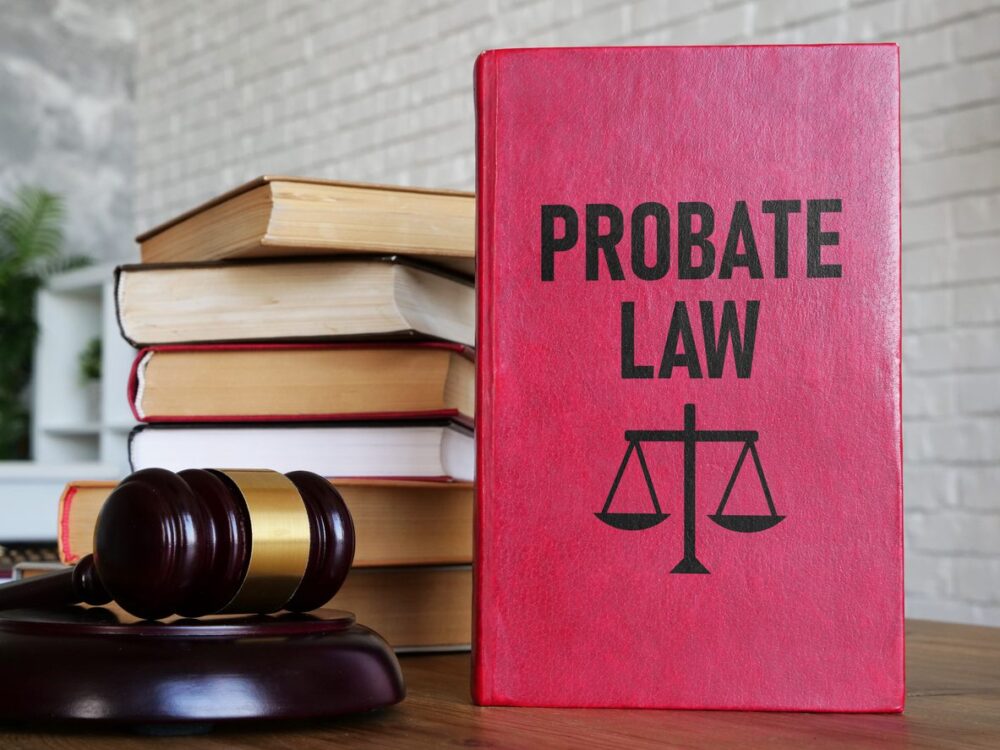
Are you facing the challenging process of probating an estate in California? Whether you’re dealing with the loss of a loved one or preparing for your own estate’s future, understanding the probate process is essential. Welcome to Shoup Legal’s comprehensive guide on probate in California – your go-to resource for unraveling the complexities and ensuring a smooth transition of assets. In this article, we’ll delve into the court process, explaining its intricacies and shedding light on why seeking professional guidance, like that provided by Shoup Legal, can be invaluable during this crucial time.
Important Considerations Regarding the Probate Process in California
1. What is Probate and Why Does it Matter?
Probate refers to the legal process through which a deceased person’s estate is administered and distributed to beneficiaries. It’s essential because it ensures that the deceased’s debts are settled on behalf of the estate, taxes are paid, and remaining assets are distributed according to the will or state law. The estate includes all the assets and liabilities left behind by the deceased individual which are subject to probate.
2. Initiating the Probate Process: Filing a Petition in California
To initiate probate in California, a petition for probate must be filed with the superior court in the county where the deceased person resided. This petition requests the court to admit the will to probate, appoint a personal representative (executor or administrator) of the estate, and provide certain documents as proof of authority to manage the estate.
3. Understanding the California Probate Process Step by Step
The court process can be intricate, involving various steps such as notifying creditors, appraising assets, paying debts and taxes, and distributing assets to beneficiaries. The process is overseen by the court in the California county where the decedent lived. Following California law and probate code, the court approves the distribution of assets.
4. Navigating Estate Taxes and the Probate Process
Estate taxes can significantly impact the process. Executors must file a tax return if the estate’s value exceeds a certain threshold set by the federal estate tax regulations. In California, estates are also subject to the California Franchise Tax Board regulations. Understanding these tax implications is crucial for effective estate planning.
5. The Role of a Probate Attorney: Do You Need One?
An attorney plays a vital role in guiding you through court proceedings and the probate hearing. They help you file the necessary paperwork, represent you in court, communicate with creditors, manage a living trust, and ensure that the estate is managed according to state law. An experienced probate attorney in Temecula like Shoup Legal can be particularly valuable in handling complex legal matters when you go through probate.
6. How Much Does Probate Work Cost in California?
The cost of formal probate petition work in California can vary depending on the complexity of the estate and the services required. Probate attorney fees in California are generally calculated based on the estate’s value and the services provided. While there are fees associated with a probate case, these costs are generally paid out of the estate, and an experienced attorney can help you navigate this aspect.
7. Probate Court: Where the Legal Magic Happens
The probate court is where the majority of the probate process unfolds. The court oversees the proceedings, ensures compliance with the law, and resolves any disputes that may arise among beneficiaries, creditors, or other interested parties. Working closely with the probate court is essential for a successful process.
8. Letters Testamentary and Letters of Administration
These letters are documents issued by the probate court, granting authority to the personal representative to manage the estate. Letters testamentary are issued when there’s a valid will, while letters of administration are issued when there’s no will. These documents are crucial for managing and distributing estate assets.
9. Probate Referees: Facilitating Fair Asset Appraisals
Appraising estate assets such as real property is a critical step in probate court. A probate referee is appointed by the probate court to evaluate and appraise the value of estate property. This ensures fair valuation, prevents potential conflicts of interest among beneficiaries, and allows beneficiaries to take possession of assets fairly.
10. Independent Administration of Estates Act: Streamlining the Process
The Independent Administration of Estates Act in California allows for a streamlined process by granting the personal representative more flexibility in managing the estate or living trust. This act reduces the need for court approval for certain actions, saving time and simplifying the process.
In Summary
Navigating a petition for probate in California can be a complex journey, involving legal procedures, court interactions, and financial considerations. Remember these key takeaways as you navigate the estate planning landscape and file the petition in court:
- Probate is the legal process of estate administration and distribution.
- Filing a petition for probate is the first step in the process, taking place in the superior court of the decedent’s county.
- The California probate process involves several steps after it is filed with the court, including asset appraisal, debt settlement, and asset distribution.
- Estate taxes, both federal and California state, can impact the probate process.
- A skilled attorney can provide invaluable guidance through the legal intricacies.
- Probate costs vary and can include attorney fees, which are generally paid from the estate.
- The probate court oversees the entire process and resolves disputes.
- Letters testamentary and administration grant authority to manage the estate.
- Probate referees appointed by the court ensure fair asset appraisals.
- The Independent Administration of Estates Act streamlines the process for efficiency.
As you navigate the world of estate planning and probate, particularly before you file a claim, having an experienced partner like Shoup Legal on your side can provide you with the confidence and expertise needed to make informed decisions and ensure a seamless transition of assets. Remember, every estate is unique, contact our office for personal assistance by calling (951) 455-4114 or email at [email protected].